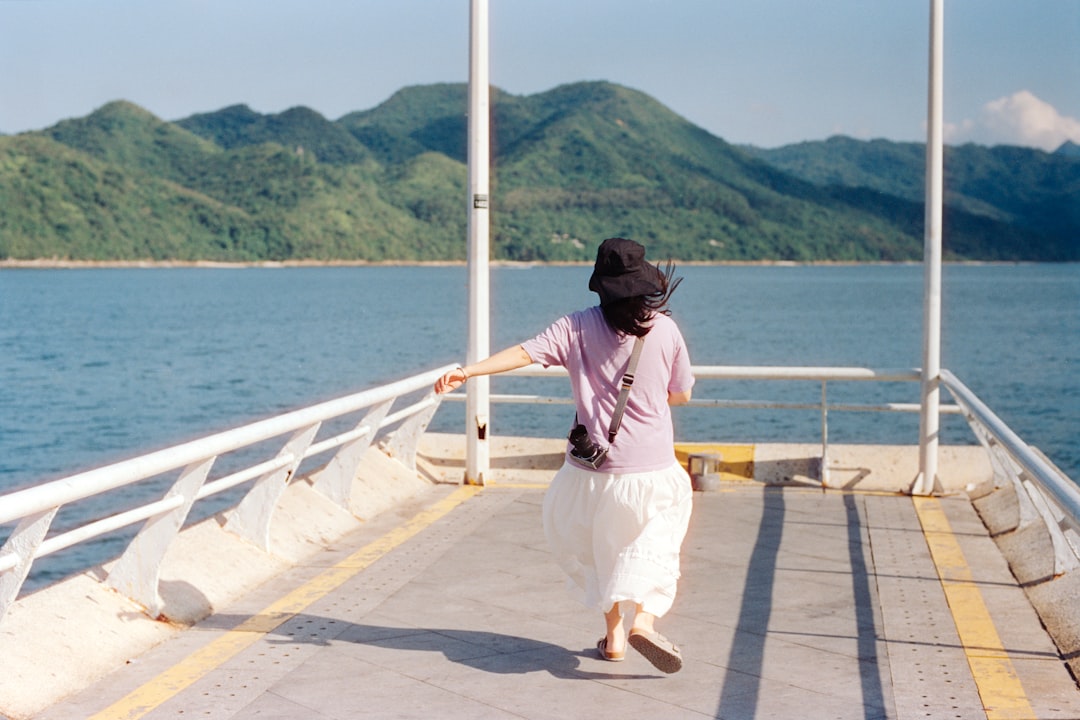Lawrence Wong: Navigating Singapore's Future Amidst Continuity and Change
On May 15, 2024, Lawrence Wong was sworn in as Singapore's fourth Prime Minister, marking a significant transition in the nation's leadership. As the first non-Lee family member to assume this role in two decades, Wong's ascent symbolizes both continuity and potential change in Singapore's political landscape. His leadership style, policy priorities, and the challenges he faces are subjects of considerable interest and debate.
From Humble Beginnings to the Pinnacle of Power
Born in 1972 to a family of educators, Wong's early education in neighborhood schools like Haig Boys' Primary and Tanjong Katong Secondary School set him apart from many of his predecessors who attended elite institutions. This background has endeared him to many Singaporeans, who see his rise as a testament to the nation's meritocratic ideals. His passion for music, particularly playing the guitar and piano, adds a relatable dimension to his persona, showcasing a leader who values both analytical rigor and creative expression. (medium.com)
Leadership Style: Consultative Yet Decisive
Colleagues and observers describe Wong as a leader who balances decisiveness with a consultative approach. His tenure as co-chair of Singapore's COVID-19 task force highlighted his ability to make tough decisions while engaging with diverse stakeholders. Deputy Prime Minister Gan Kim Yong noted that Wong's leadership during the pandemic demonstrated both decisiveness and a willingness to consult, traits likely to shape his premiership. (mothership.sg)
Wong himself has emphasized the need for leadership to adapt to a changing society, stating, "We are prepared to relook everything… we are prepared to re-examine all our assumptions." (straitstimes.com)
Policy Priorities: Balancing Economic Growth with Social Equity
As Finance Minister, Wong oversaw economic policies during the pandemic, focusing on fiscal prudence and support for businesses and workers. His "Forward Singapore" initiative aims to engage citizens in shaping a more inclusive and balanced national agenda. This participatory approach seeks to address issues like housing affordability, income inequality, and job security. (apnews.com)
However, some critics question whether Wong's emphasis on continuity may hinder necessary reforms. The People's Action Party (PAP) has faced declining vote shares in recent elections, indicating public desire for change. Balancing the need for stability with calls for innovation will be a delicate task for Wong's administration. (newslooks.com)
Navigating Geopolitical Tensions
Wong assumes leadership at a time of escalating U.S.-China rivalry. Singapore's longstanding policy of neutrality is under strain as both superpowers seek to expand their influence. Wong has acknowledged the complexities of this dynamic, emphasizing the need for Singapore to maintain its independent foreign policy while adapting to global shifts. (pmo.gov.sg)
Addressing Domestic Challenges
Domestically, Wong faces challenges such as rising living costs, housing affordability, and social cohesion. His administration's ability to address these issues will be crucial in maintaining public trust. The "Forward Singapore" plan aims to involve citizens in policy-making, but its effectiveness remains to be seen. (apnews.com)
Controversies and Criticisms
While Wong is generally seen as a competent technocrat, some critics argue that his preference for incremental change may not be sufficient to address pressing issues. The PAP's dominance has also led to concerns about political diversity and freedom of expression. Wong's leadership will be tested in balancing these concerns with the need for effective governance. (newslooks.com)
Future Implications and Thought-Provoking Questions
As Singapore enters this new chapter, several questions arise:
- Can Wong's leadership style effectively balance continuity with the need for innovation?
- How will Singapore navigate the complexities of U.S.-China relations under his leadership?
- Will the "Forward Singapore" initiative lead to meaningful policy changes that address citizens' concerns?
Wong's tenure as Prime Minister will undoubtedly shape Singapore's trajectory in the coming years. His ability to address both domestic and international challenges while maintaining public trust will be critical. As Singaporeans and observers watch closely, the nation's future under Wong's leadership remains a compelling narrative of continuity, change, and the quest for a balanced path forward.
